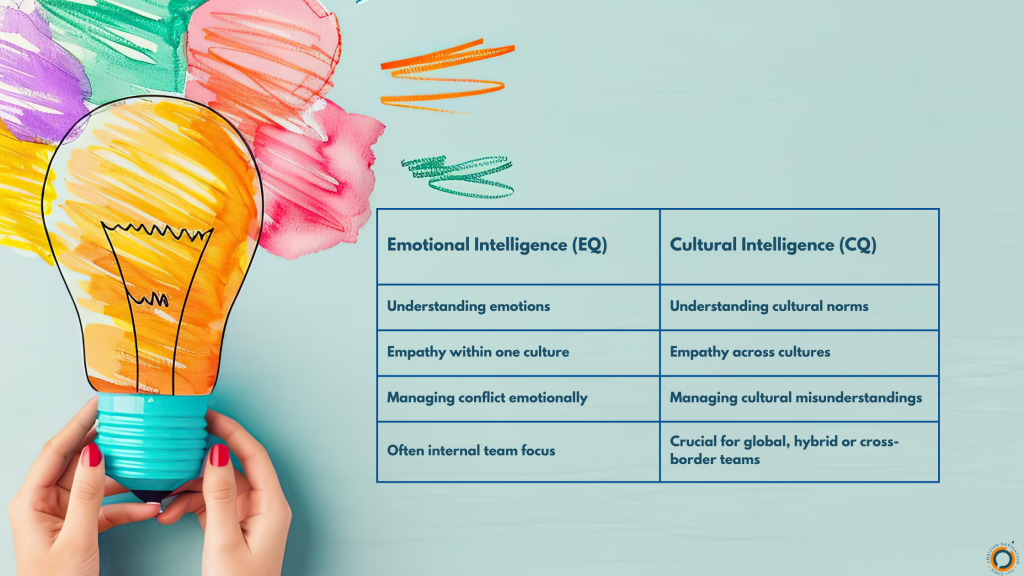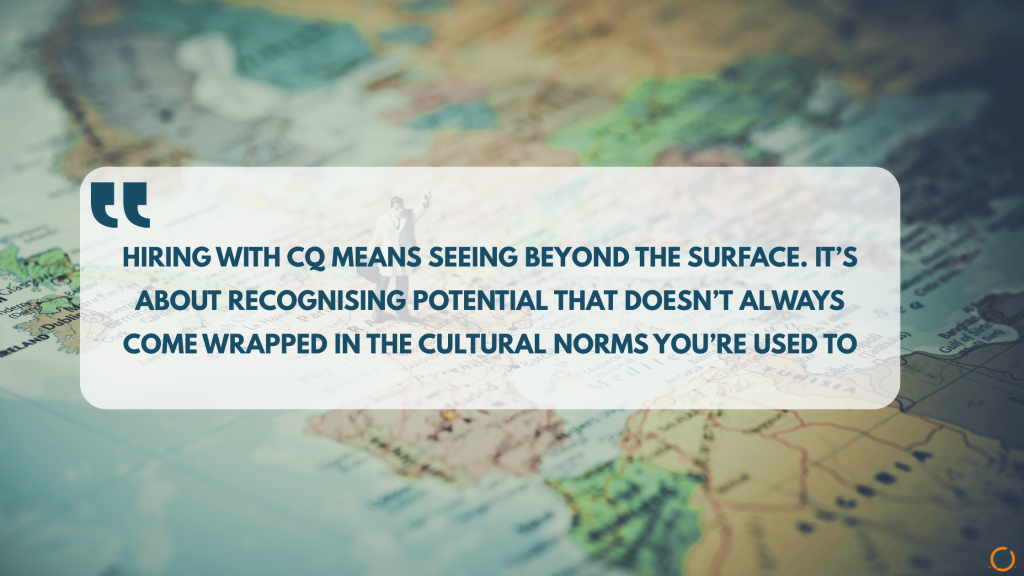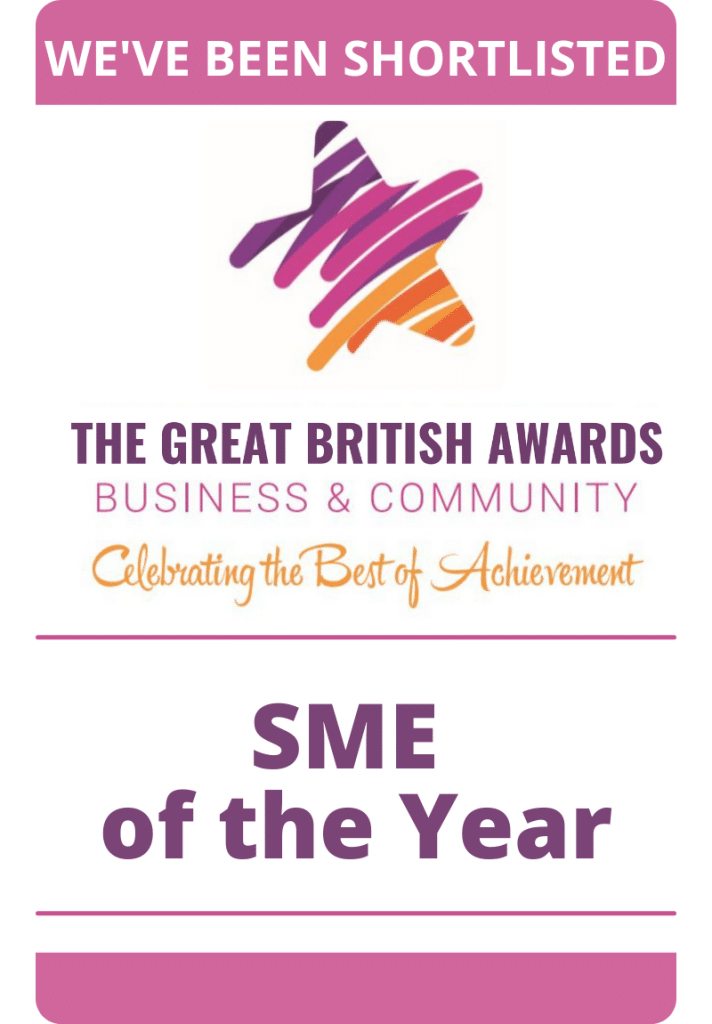
In today’s workplace, where teams span countries, cultures, and time zones, it’s no longer enough to hire for technical skills alone. Nowadays, the most successful global businesses are prioritising something that might not be widely known but is vital: Cultural Intelligence (CQ).
If you’ve already heard of Emotional Intelligence (EQ), CQ is its globally-minded twin. And when it comes to hiring, leading, and retaining diverse teams, it could be your most valuable asset in the years ahead.
So, What Exactly is Cultural Intelligence?
Cultural Intelligence (CQ) is the ability to work and relate effectively across different cultural contexts — whether national, ethnic, organisational, or even generational.
Four key components of CQ include:
- 🧠 Cognitive: Your knowledge of other cultures.
- 💡 Metacognitive: Your self-awareness and ability to adapt your thinking.
- 🧭 Motivational: Your interest and willingness to engage with cultural differences.
- 🤝 Behavioural: Your ability to adapt your communication and actions accordingly.
When EQ helps you navigate emotional dynamics in the workplace, CQ helps you navigate cultural ones — a crucial skill when working with international colleagues or clients.

They complement each other, but CQ becomes especially critical when leading global teams or hiring international talent.
A Real-World Example: Feedback Across Cultures
Let’s say you’re a UK-based hiring manager leading a remote team with members from Germany, Brazil, and Japan.
- Your German colleague expects direct, candid feedback.
- Your Japanese team member values harmony and prefers subtlety.
- Your Brazilian employee responds best to warm, relationship-based communication.
A leader with high CQ doesn’t apply a one-size-fits-all approach. Instead, they adapt their feedback style to suit each team member’s cultural expectations — keeping everyone motivated, understood, and on track.
Why Cultural Intelligence Matters in Hiring
In recruitment, small cultural misreads can lead to costly mistakes:
- Dismissing a qualified candidate due to an unfamiliar communication style.
- Misinterpreting quietness as a lack of confidence.
- Overlooking how culture affects body language, eye contact, or interview etiquette.

The relation between CQ and DEI:
We often hear about Diversity, Equity, and Inclusion (DEI) — but Cultural Intelligence is what will bring DEI to life in the workplace.
- Diversity brings people of different backgrounds to the table.
- Equity ensures they all have access to the same opportunities.
- Inclusion ensures they feel heard and valued.
Cultural Intelligence is the skill that allows you to lead, hire, and manage across these differences. Without it, even the most diverse teams can experience friction, miscommunication, or disengagement.
How to Build CQ Into Your Hiring Strategy
Here are a few practical ways employers can start:
- Set “culture fit” — instead, look for “culture add”: candidates who bring new perspectives, not just familiarity.
- Diversify your interview panels to avoid bias and promote balanced decisions.
- Tailor your interview style to different communication norms.
- Offer inclusive onboarding that supports international hires, not just domestic norms.
- Invest in training for your hiring managers — CQ can be learned and improved over time.
Final Thoughts: CQ Isn’t Just Nice to Have — It’s Essential
In 2025, Cultural Intelligence Is a Competitive Advantage — Not Just a Soft Skill.
Businesses that embrace it are more likely to retain talent, grow into new markets, and build teams that actually thrive together.
At ABL Recruitment, we don’t just match languages — we match people who understand the world, and how to work across it. Whether you’re hiring for global growth or local impact, we’re here to help you hire with intelligence — cultural and otherwise.











